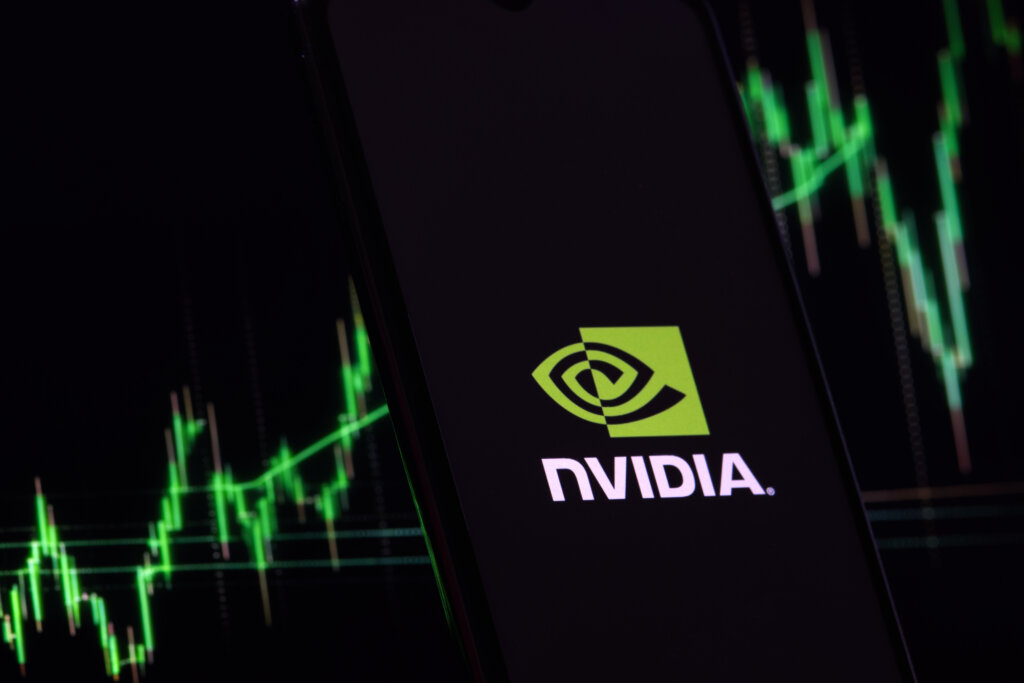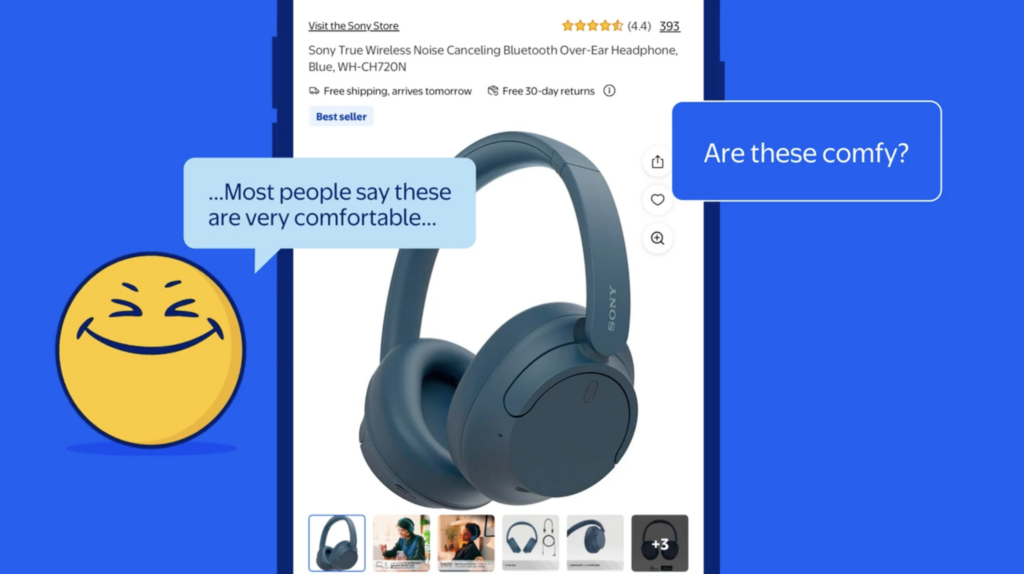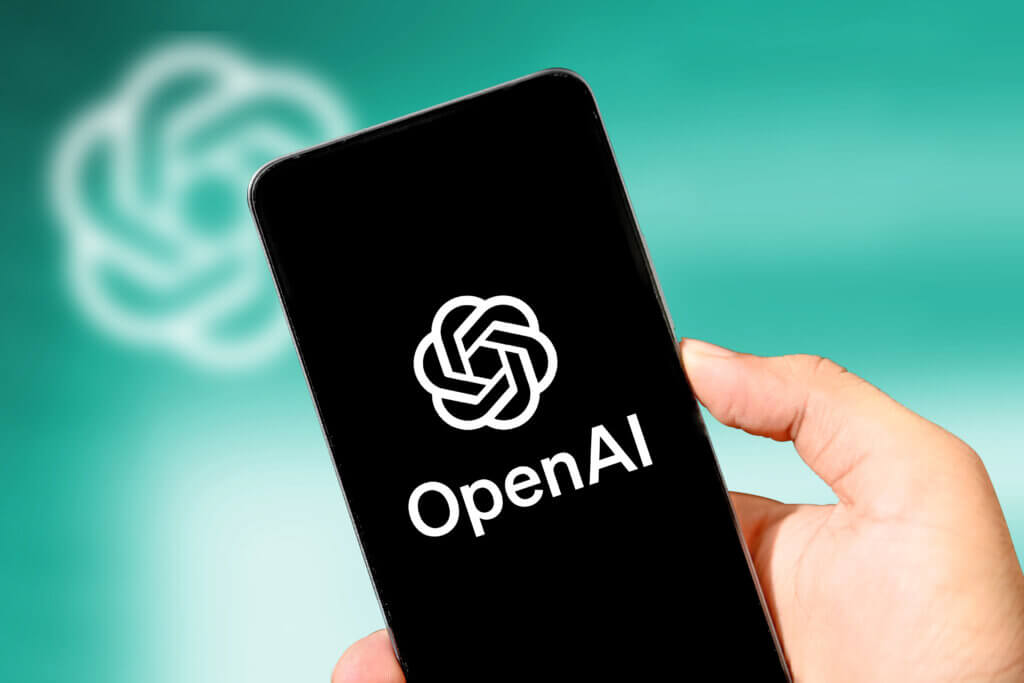When Judge Alsup issued his June 23 ruling in Bartz v. Anthropic, the generative AI industry collectively exhaled. The court affirmed that training large language models (LLMs) on lawfully acquired books could qualify as fair use, which was a pivotal moment that many hoped would provide legal certainty in a long-ambiguous area.
But a new chapter has opened. Just weeks later, the Bartz case has evolved into a certified class-action lawsuit, expanding the scope and the stakes considerably.
This development reframes the conversation from one author vs. one AI company to an entire creative class vs. the future of AI training. And the implications could be enormous, not just for Anthropic, but for every company building or deploying foundation models trained on third-party content.
What’s Happening Now: Class Status Granted
On July 12, 2025, Judge Alsup granted class certification in Bartz v. Anthropic, allowing the case to proceed on behalf of all U.S.-based authors whose books may have been used without permission in training Anthropic’s Claude model.
This means that instead of three individual plaintiffs (Andrea Bartz, Charles Graeber, and Kirk Wallace Johnson), the lawsuit now represents potentially tens of thousands of authors. The central claim remains the same: that Anthropic trained Claude on approximately seven million pirated books, downloaded from illicit sources like Bibliotik and Z-Library.
The court has already ruled that this use of pirated materials is not protected under fair use. The next phase will determine whether Anthropic’s infringement was willful, and if so, what damages might be owed.
Why This Is a Turning Point for GenAI
The shift to a class action dramatically changes the legal and operational risk profile for LLM companies.
- Scale of liability: Class status introduces the potential for massive financial exposure. If statutory damages apply per work, Anthropic (and others such as ChatGPT, Perplexity, and Grok) could face claims in the hundreds of millions, if not billions, depending on how many infringing works are confirmed. This level of liability exceeds the total capital raised by many of these companies to date, and could effectively shut down commercial LLM development if left unresolved.
- Proof of provenance: The spotlight is now on how companies built their models. Vague claims of “publicly available data” won’t hold up in court anymore. Companies will need to document where their data came from, how it was obtained, and what licenses (if any) were in place.
- Industry-wide ripple effect: This isn’t just about Anthropic. It sets a roadmap for future class actions against OpenAI, Meta, Stability AI, and others whose training datasets may include copyrighted material without permission.
- Precedent on opt-out and consent: If the class succeeds, it may help establish the need for robust opt-out mechanisms—or better yet, consent-based data inclusion strategies. We could finally see movement toward something like “llms.txt” as an industry norm, with real teeth behind it.
What This Means for Marketers, Publishers, and Content Owners
The emergence of this class action reinforces a core message: data rights are now strategic rights.
✅ Audit your content footprint
Understand what you’re publishing, where it’s hosted, and whether it’s being used in model training (voluntarily or not).
✅ Clarify your scraping policies
Update your site’s terms of service, robots.txt, and llms.txt files. These aren’t just technical details anymore, they’re legal signals that establish boundaries and intent.
✅ Explore licensing pathways
Some platforms (e.g. Shutterstock, Stack Overflow) have opted to license their data to LLM providers. For certain brands or publishers, negotiated access may offer a way to monetize content without ceding control.
✅ Monitor model behavior
If you suspect your proprietary content is being surfaced—or approximated—by a model like Claude, GPT, or Gemini, start documenting it. Future class actions may hinge on showing patterns of derivative or stylistic reproduction.
What Comes Next
The Bartz class action will now move into discovery and trial. If the plaintiffs prevail, we may see a new framework emerge in which AI companies must build models based on either licensed content or explicitly permissible data, not ambiguous aggregations of scraped material.
That would force a reset on how the generative AI industry approaches scale, sourcing, and transparency. It may also empower creators of all types (writers, journalists, artists, educators) to play a more active role in deciding how their work is used (or not used) by artificial intelligence.
At Avenue Z, we’re tracking this closely not just because it affects content policy, but because it reshapes the entire digital marketing ecosystem. In a world where AI is increasingly the interface for discovery, reputation, and authority, knowing who owns what and on what terms isn’t a footnote. It’s foundational.
Bottom Line
The Bartz ruling gave us boundaries. The Bartz class action could give us enforcement.
If you’re publishing content, building AI systems, or strategizing brand visibility in a generative-first internet, this is a case you can’t afford to ignore.
Because if AI is going to scale with integrity, it has to start with permission. And that’s what this class action is really about.
Want to understand how this case could impact your content, your brand, or your AI strategy? Talk to our experts.
Optimize Your Brand’s Visibility in AI Search
Millions turn to AI platforms daily to discover and decide. Make sure they find your brand.






